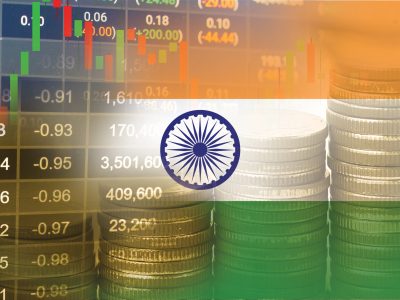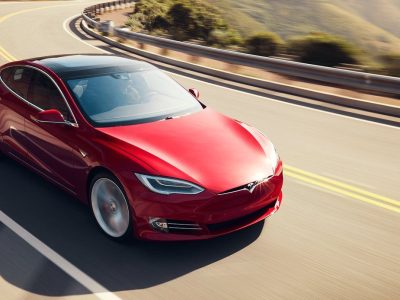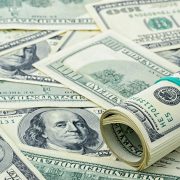
JD Vance, Donald Trump’s running mate and Republican vice-presidential nominee, has stepped in to defend the former president’s stance on trade with China, claiming it’s widely misunderstood.
Vance argues that Trump’s trade policies are not about isolating America but ensuring the country’s long-term economic self-reliance, especially in key industries like manufacturing.
This clarification comes as Trump’s campaign attempts to regain momentum after a lackluster debate performance against Kamala Harris.
Vance contends that Trump’s economic policies are often misinterpreted as nationalist or anti-globalization.
Instead, he suggests that Trump’s focus is on protecting American jobs and industries from over-reliance on foreign countries, particularly potential adversaries like China.
According to Vance, Trump’s aim isn’t to cut off trade but to maintain America’s competitive edge in global manufacturing.
Maintaining America’s manufacturing advantage
Vance believes America’s reliance on Asian countries for manufacturing is a dangerous thing to maintain. He’s wary of Americans losing jobs to cheaper labor.
However, that’s just one part of the picture.
He believes Donald Trump has no problem trading with China, or any other country for that matter.
The only problem is the over-reliance on a potential enemy to make things that America will need to rely on, especially when it has to take on someone like China.
Vance even mentioned the manufacturing of weapons and critical equipment that has been moved to China just because it helps American companies earn a bit more money. He said:
We have to be a little bit smarter about our own self-reliance as a nation, that is one departure I think between president Trump’s vision and frankly 30-40 years of failed leadership in this country.
Penalizing corporations or lowering taxes?
The Republican campaign seemed to contradict itself when Trump asked for reduced taxes on corporations while Vance has been a vocal supporter of higher corporate taxes in the past.
Vance clarified that the idea of taxes is to penalize those corporations that use cheaper labor to shift critical American jobs abroad, and then bring their products to the US for profit.
Such corporations need to be penalized, whether that is through higher taxes or more tariffs.
The idea of tariffs is not to destroy China but to protect American jobs and manufacturing capabilities.
This clarification seems to be an attempt at damage control after Trump’s flawed argument that tariffs were used to tax foreign governments.
It was pointed out to Vance that this is similar to the Democrat stance on corporations.
However, he pointed out that the Republican thought process wasn’t just taxation, but an attempt at America First: to protect our interests and have less reliance on other countries to make the stuff that Americans need.
Trump no longer has the lead he enjoyed when Biden was still in the race.
Kamala Harris has turned the tables on the Republican campaign and Trump is finding it harder to have a clear stance on trade while protecting the corporations that back him.
With elections less than two months away, there is still no clear winner.
For now, both sides seem to be focusing on doing less damage to their campaign rather than doing more to the other party’s.
JD Vance’s view on Apple
Vance also criticized Apple on CNBC’s “Squawk Box” Thursday, alleging that the company benefits from “slave labor” in China.
His remarks were part of a wider discussion on taxing companies that rely on Chinese manufacturing.
Vance stated:
Do I think Apple is an evil company? No. Do I think that sometimes they benefit from Chinese slave labor? Yeah, and that’s pretty sick.
“I think that a company that wants to benefit from American markets should also have to pay American workers a fair wage,” Vance added.
The post JD Vance explains why Trump’s China trade stance is misunderstood appeared first on Invezz









